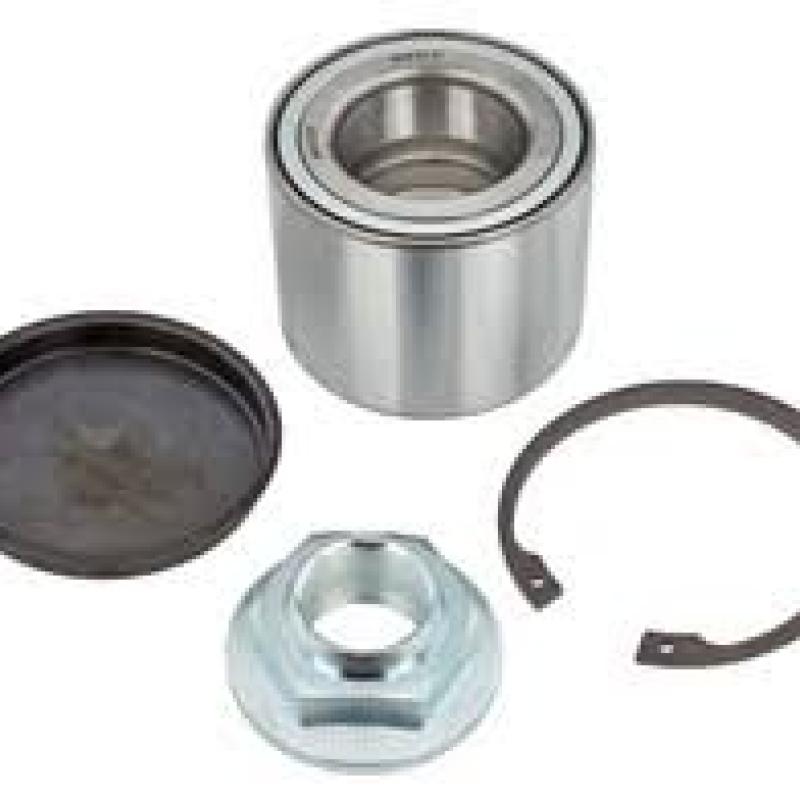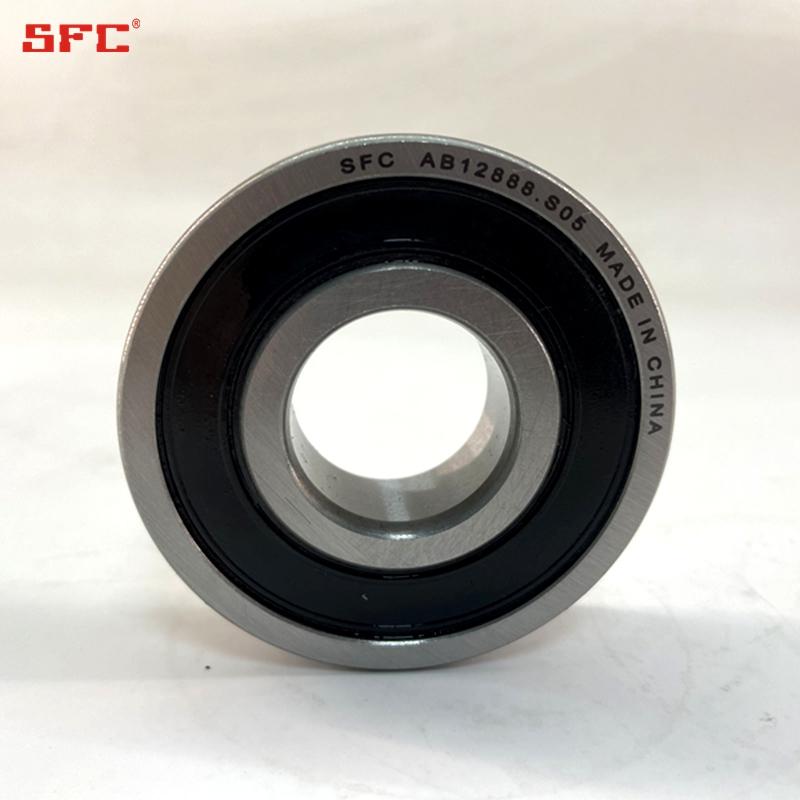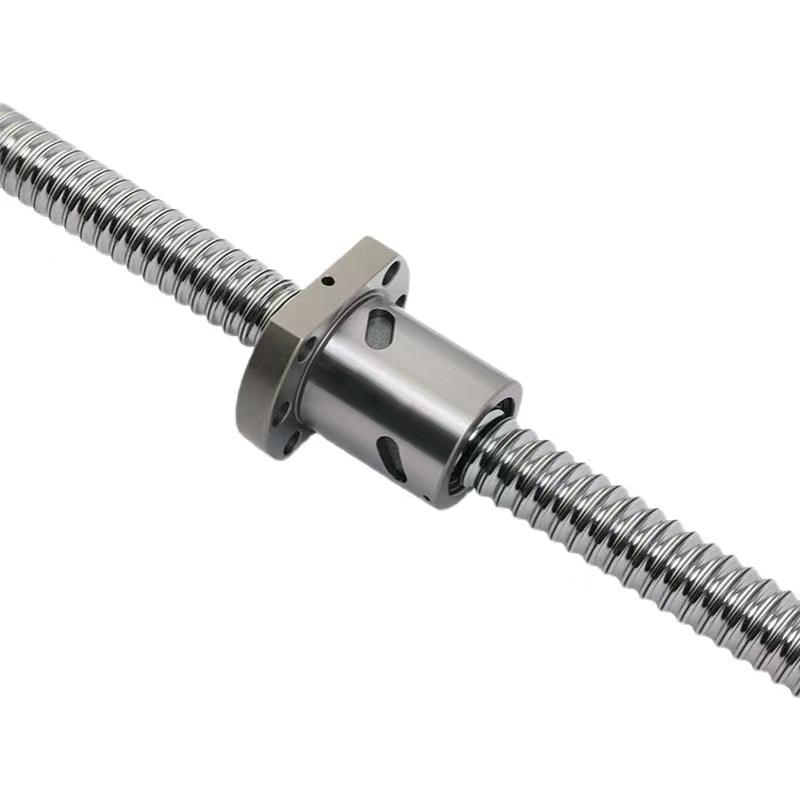ISO standards and the upgrading of the bearing industry: Technical specifications drive sustainable industry development
Currently, the global bearing industry is facing multiple challenges such as diversified market demands, accelerated technological iteration, and increased requirements for green manufacturing. Against this backdrop, the bearing technical standards issued by the International Organization for Standardization (ISO) not only provide a unified basis for product quality, but also play a pivotal role in guiding the industry towards transformation towards high precision, high efficiency, and sustainability.
From the perspective of industry development, the continuous updating of ISO standards provides directional guidance for technological innovation. By setting unified technical thresholds and performance indicators, standards encourage enterprises to optimize design methods, improve manufacturing processes, and promote the application of advanced materials, precision machining, and energy-saving processes. This technology upgrade driven by standards helps to enhance the manufacturing level and international competitiveness of the entire industry, accelerating the transition from traditional production models to high-end and intelligent development.
At the specific technical level, the current ISO standards encompass requirements for the performance of new materials, precise dimensional control, fatigue life assessment, and cleanliness management. Simultaneously, the standards are progressively incorporating modern technological elements such as intelligent detection, online monitoring, and digital quality traceability, driving the shift in detection methods from manual to automated and data-driven. These technical requirements not only enhance the reliability of bearing products but also support the implementation of new operational and maintenance models, such as intelligent manufacturing and predictive maintenance.
Some leading enterprises both domestically and internationally have deeply integrated the ISO standards into their research and development as well as production systems. For instance, a European manufacturer has achieved significant improvement in product batch consistency by implementing ISO-related tolerance and testing standards; an Asian enterprise has optimized its heat treatment process based on standards, thereby extending the service life of bearings under high-temperature conditions. These practices demonstrate that the effective implementation of standards can not only enhance product quality but also promote the standardization and refinement of internal management processes within enterprises.
To maximize the value of standards, enterprises need to actively participate in the implementation and application of standards and strengthen the awareness of standardization among all employees. At the same time, actively participating in the discussion and revision of international standards helps to grasp technological trends in a timely manner and enhance the enterprise's voice in the global industrial chain. The improvement of the overall standardization level in the industry will provide solid support for the long-term stable development of the bearing industry.
In summary, ISO standards are not only technical specifications, but also important tools for promoting industry progress. Through continuous benchmarking, implementation, and innovation, bearing companies can achieve coordinated improvements in quality, efficiency, and sustainability under the guidance of standards.
Transferred




